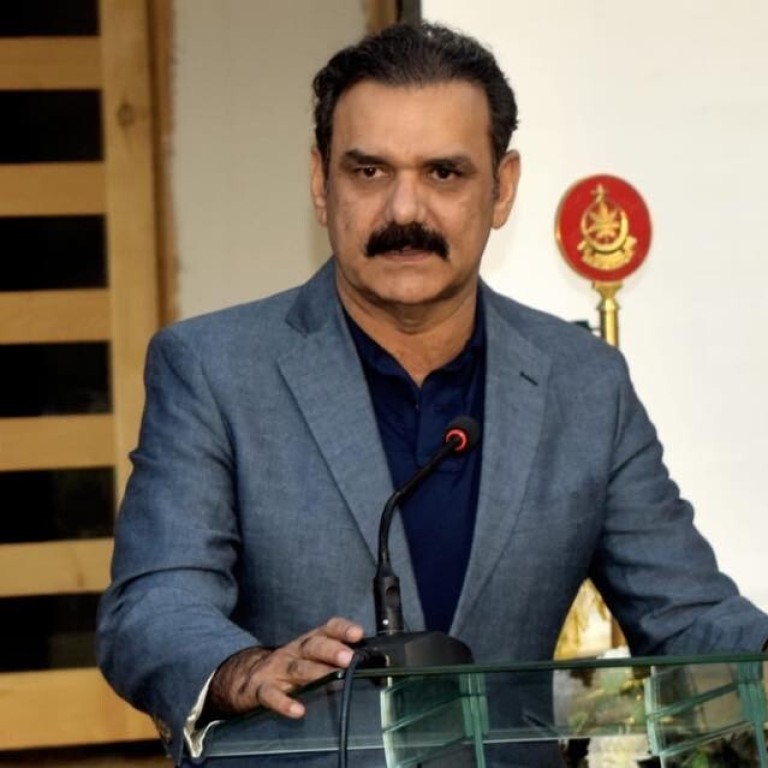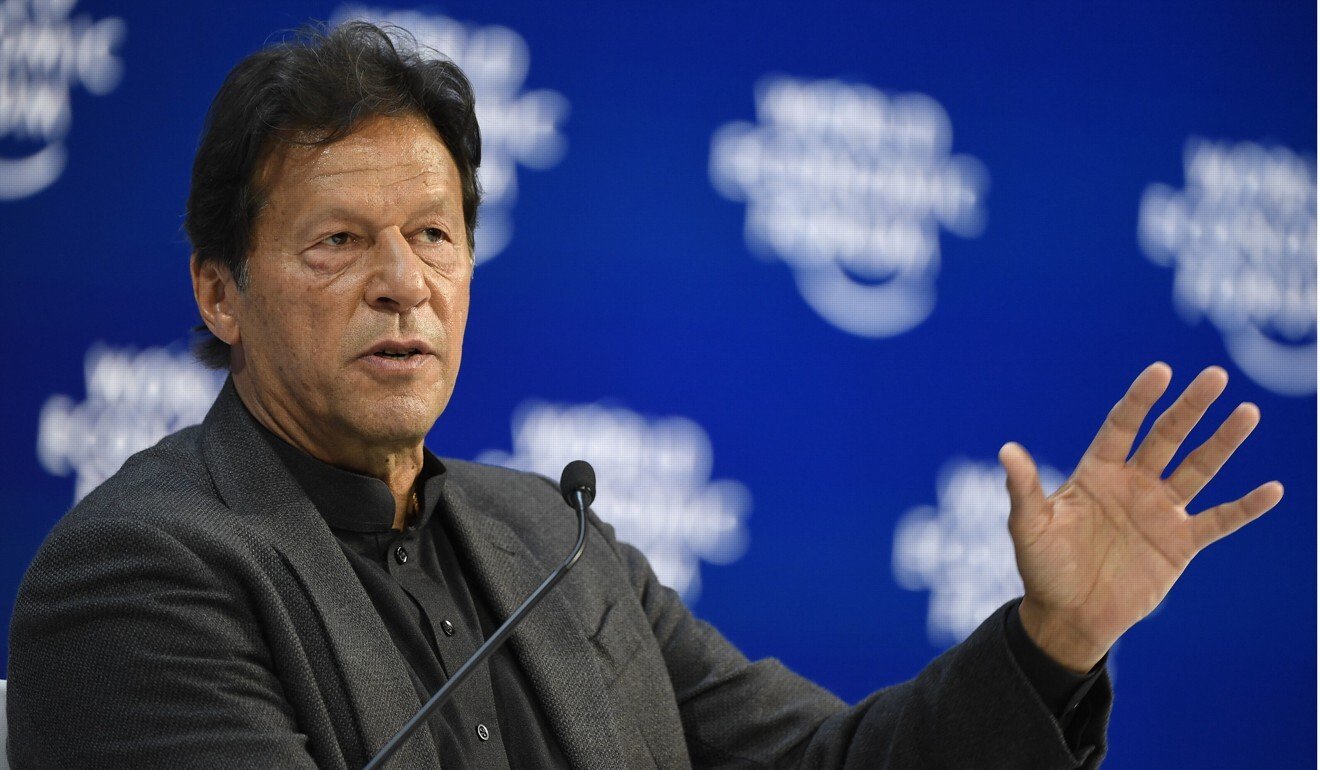
China-Pakistan Economic Corridor will go on despite bumps in the road, analysts say
- Opposition leaders in Pakistan are calling for the removal of CPEC authority chairman Asim Saleem Bajwa following allegations of corruption
- Beijing does not like any politicisation of the CPEC, so the issue is unhelpful, observer says
Opposition party leaders on Sunday launched a joint campaign to unseat Khan and CPEC authority chairman Asim Saleem Bajwa, following allegations of corruption against the retired lieutenant general and his family.
“China has had a preference for dealing with the military in Pakistan, rather than the raucous political parties,” he said.
“While the charges need to be judged on their own merit, they call into question the solidity of the military’s position.”
Andrew Small, an analyst at the German Marshall Fund – a Washington-based think tank – said the controversy surrounding Bajwa could upset Beijing.
“China doesn’t like any politicisation of the CPEC, so the Bajwa issue is unhelpful,” he said.
Different approaches to the CPEC within Pakistan’s ruling elite had troubled Beijing, he said in a report published on Thursday, titled “Return to the Shadows: China, Pakistan, and the Fate of CPEC”.
China’s belt and road partners call for more cooperation on public health
Though often valued at US$62 billion, only about US$25 billion worth of projects had been completed under the scheme, it said.
“China wants firm political consensus on the CPEC and has worked hard over the years to make sure that all parties are lined up behind it,” Small said.

The leaders of Pakistan’s major political parties all committed to the CPEC when the two sides met last year, and since then some opposition figures have been demanding more involvement in the scheme, drawn by the financial benefits and job creation opportunities it provides.
Opposition politicians in the northern region of Khyber Pakhtunkhwa this week complained about the government cancelling a local CPEC highway project, calling it a “great injustice” for the people.
“The bottom line is that even with all these stories of corruption – an inevitable and predictable by-product of such a massive project – the CPEC will still proceed,” said Claude Rakisits, an associate professor at the Asia-Pacific College of Diplomacy at the Australian National University.
“The opposition parties are totally on board with it too. Pakistan and China have already invested too much money and pride in the CPEC for it to not proceed,” he said.

